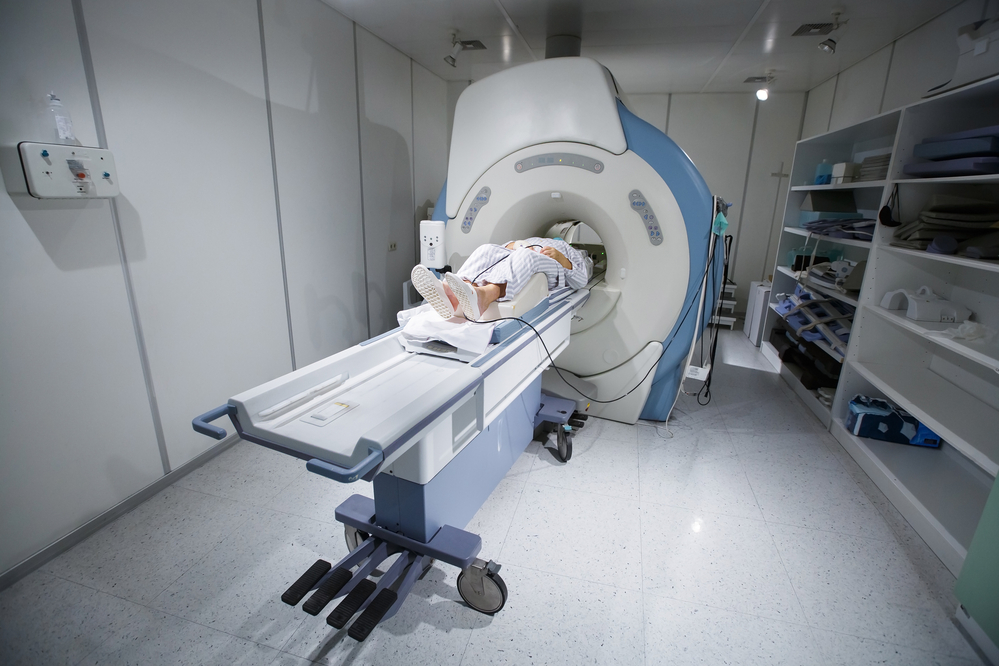The imaging services sector is among the fastest-growing industries in the U.S. It was estimated at approximately 134 billion dollars in 2020. Ideally, most people prefer medical imaging since it remains a fast and safe way to obtain vital medical information. Whether you require interventional radiology or diagnostic radiology, radiologists will use different imaging technologies for accurate imaging results.
Different Types of Imaging Technologies
Medical imaging has revolutionized diagnostic and intervention treatment due to the presence of interfacial intelligence in radiology. Imaging technologies include imaging modalities such as MRI, X-ray, and CT scan that promote timely diagnosis for different health conditions. Here is a list of the top imaging technologies radiologists use to obtain accurate images:
X-rays Imaging Technology
This medical imaging technique utilizes electromagnetic waves to capture images of the hard tissues. This common form of radiology is useful in fracture diagnosis or bone tumors. When a person enters the X-ray machine, a radiologist exposes their body to high energy light radiation that remains invisible. As the light passes through the target region, hard tissues such as bones absorb most waves. The X-ray machine transfers images of the film for interpretation.
When do you Use X-ray Imaging Technology?
- An x-ray scan helps orthodontists and dentists to inspect your teeth.
- Radiologists recommend X-ray scans to diagnose bone tumors.
- X-ray scans are common in guiding surgeons in detecting broken bones and guiding operations.
Computerized Tomography (CT)
Unlike an X-ray machine, the CT scanner uses additional software to create 3D images of internal structures. It picks subtle body parts that remain invisible in X-rays.
What Are Some Common Uses of CT Scans?
- Radiologists use CT imaging technology to locate soft tissue tumors and estimate their size.
- CT’s scans are also essential in monitoring progress on developing conditions such as tumors and cancers.
- CT scans can be used in diagnosing broken bones from landscaping activities.
Magnetic Resonance Imaging Technology (MRI)
An MRI uses both radio frequency (RF) and magnetic waves to create images of the internal body structures. MRI imaging technology produces high-quality cross-sectional images for radiographers to differentiate various tissues. A patient lies in a long tube with magnetic fields. However, doctors also recommend open MRIs for claustrophobic patients.
What Are Some Common Uses of MRI Imaging Technology?
- MRI scans provide a more detailed image of internal body parts such as blood vessels and the brain.
- MRIs are essential in diagnosing or monitoring health conditions and preparing treatment plans by doctors or chiropractors.
Nuclear Medicine Imaging Technology (Positron Emission Tomography)
Radiologists use radioactive tracers to detects irregular body tissues. A PET scan is often preferred because it creates a 3D image of the internal body organs. When focused on specific body parts and combined with MRI and CT scans, PET scans provide an accurate diagnosis.
Common Uses of PET
- They are used to monitor the progression of health conditions such as cancer.
- Radiologists use PET to diagnose dementia.
- Doctors use PET to plan surgeries.
Ultrasound (Sonography)
Medical practitioners utilize high-frequency sound waves to create images of soft tissue, organs, and muscles.
Uses of ultrasound Scans
- Doctors use an ultrasound scan to monitor the progress of unborn babies.
- Medical practitioners use ultrasound scans to plans and guide surgeons during surgery.
Expert Imaging in Mill Creek, Washington
You can not proceed with your daily activities if you suffer from internal pain caused by medical conditions or injuries. Amazing Life Chiropractic and Wellness’s talented staff provide you with preventive care or a treatment plan.
Schedule an appointment with us and learn more about different imaging technologies to help you detect health conditions early with accuracy. Also, call us at 1(425)-737-5343 for high-quality services.




